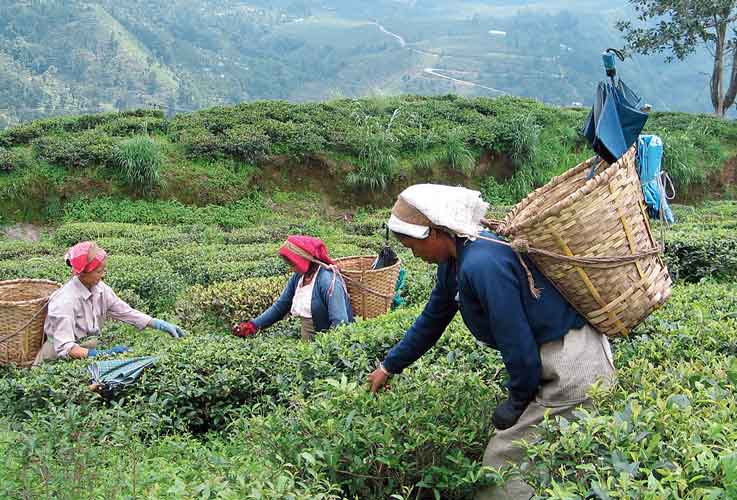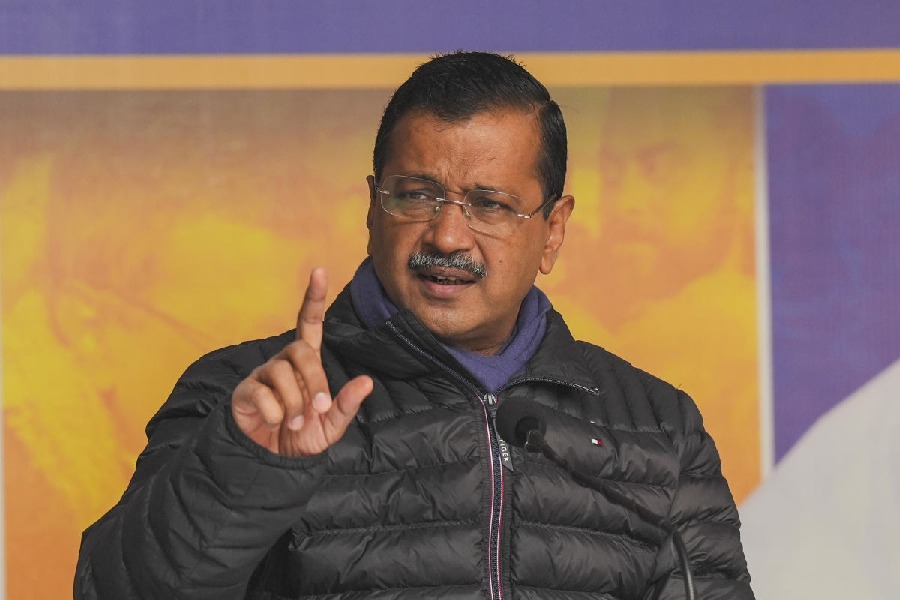The Centre has moved to prevent unbridled blending of imported teas with orthodox Indian varieties, a menace repeatedly flagged by stakeholders in India’s brew sector.
On Thursday, K.N. Raghavan, the deputy chairman of the Tea Board of India, issued a notification mentioning that no buyer who is registered with the board will henceforth be allowed to blend imported teas with orthodox varieties produced in four brew belts of India.
“No registered buyers of teas shall blend any imported tea with teas of Darjeeling, Kangra, Assam (orthodox) and Nilgiri (orthodox) from the date of issuance of this notification,” Raghavan’s note says.
Over the past few years, tea planters across the country, especially those producing high-quality orthodox teas including the Darjeeling brew, have been complaining that a section of people are importing teas from other countries, especially from Nepal, blending them with Indian varieties and selling them in overseas market.
The planters have time and again written to the tea board and to the Union commerce and industry ministry. Shanta Chhetri, a Rajya Sabha MP of the Trinamul Congress from the Darjeeling hills, had also raised the issue with the Centre, complaining that the practice was affecting the domestic as well as global markets of orthodox teas.
That the tea board has taken note of the issue was evident from the notification where the deputy chairman has observed that “blending of such inferior quality teas was causing irreparable damage to the reputation of well known teas of Indian origin”.
Mahendra Bansal, chairman of the Terai Indian Planters’ Association, said the problem was mostly with teas imported from Nepal.
He said orthodox teas were also grown in hilly areas of Nepal where the terrain and weather are similar to those of the Darjeeling hills.
There have been specific reports of tea from Nepal being sold as Darjeeling tea. The total amount of tea sold as Darjeeling tea in the domestic and international markets was markedly higher than the actual total production. “We hope the Centre will take necessary steps if there is any violation of the notification,” Bansal said.
Planters also welcomed the tea board’s decision that details of the contents of the blend and the source of origin of imported teas must be mentioned on the packets.
“It is another appropriate step and will largely help the Indian tea industry. We need to scale up our exports (that was 209 million kilos in 2020) as we are far behind the target of exporting around 300 million kilos of tea in a year from India,” said Raj Bansal, president of the Tea Association of India.










